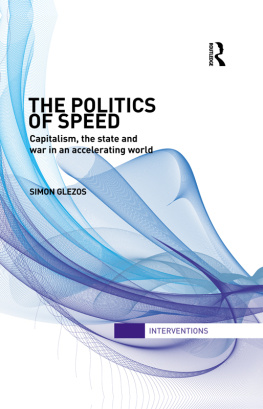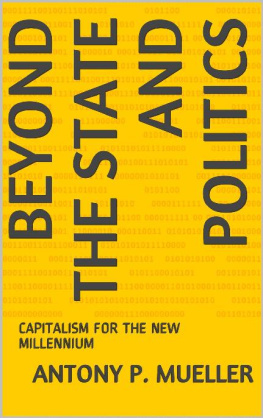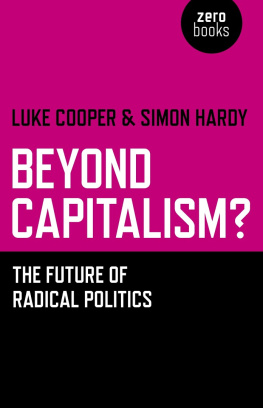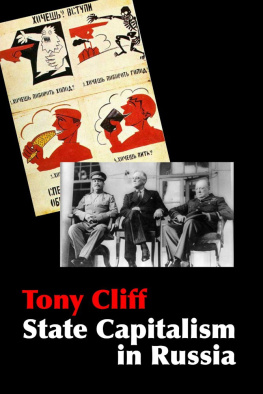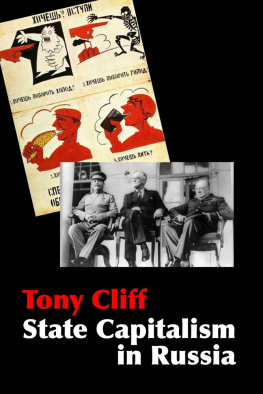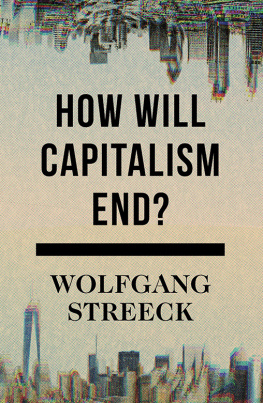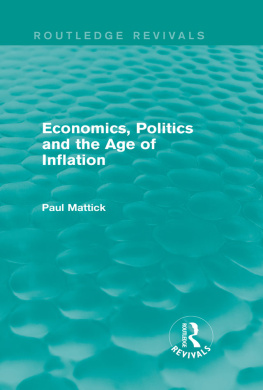The Politics of Speed
Everyone agrees that the world is accelerating. With advances in communication, transportation and information processing technologies, it is clear that the pace of events in global politics is speeding up at an alarming rate. The implications of this new speed, however, continue to be a significant source of debate. Will acceleration lead to a more interconnected, productive, peaceful and humane world; or a nightmarish descent into ecological devastation, economic exploitation and increasingly violent warfare?
The Politics of Speed attempts to map the contours of the new global space of speed, and investigates key issue areas including democratic governance, warfare, capitalism, globalization and transnational activism to uncover the ways in which acceleration is shaping the world. The book uses contemporary political theory (especially the works of Deleuze and Guattari) to develop an ontological account of speed, showing how its effects are frequently far more complex and surprising than we might expect. The result is an attempt to craft a way of engaging with global acceleration that might help avoid the dangers of speed, while embracing the possibilities it provides us with to produce a safer, more egalitarian, democratic and pluralistic world.
Simon Glezos is an assistant professor in political science at the University of Regina, and has a PhD in political theory and international relations from the Johns Hopkins University. His research applies contemporary political theory to questions of speed and technology in global politics.
Interventions
Edited by Jenny Edkins, Aberystwyth University
and Nick Vaughan-Williams, University of Warwick
As Michel Foucault has famously stated, knowledge is not made for under-standing; it is made for cutting. In this spirit The EdkinsVaughan-Williams Interventions series solicits cutting edge, critical works that challenge mainstream understandings in international relations. It is the best place to contribute post disciplinary works that think rather than merely recognize and affirm the world recycled in IRs traditional geopolitical imaginary.
Michael J. Shapiro, University of Hawaii at Mnoa, USA
The series aims to advance understanding of the key areas in which scholars working within broad critical post-structural and post-colonial traditions have chosen to make their interventions, and to present innovative analyses of important topics.
Titles in the series engage with critical thinkers in philosophy, sociology, politics and other disciplines and provide situated historical, empirical and textual studies in international politics.
Critical Theorists and International Relations
Edited by Jenny Edkins and Nick Vaughan-Williams
Ethics as Foreign Policy
Britain, the EU and the Other
Dan Bulley
Universality, Ethics and International Relations
A grammatical reading
Vronique Pin-Fat
The Time of the City
Politics, philosophy, and genre
Michael J. Shapiro
Governing Sustainable Development
Partnership, protest and power at the World Summit
Carl Death
Insuring Security
Biopolitics, security and risk
Luis Lobo-Guerrero
Foucault and International Relations
New critical engagements
Edited by Nicholas J. Kiersey and Doug Stokes
International Relations and Non-Western Thought
Imperialism, colonialism and investigations of global modernity
Edited by Robbie Shilliam
Autobiographical International Relations
I, IR
Edited by Naeem Inayatullah
War and Rape
Law, memory and justice
Nicola Henry
Madness in International Relations
Psychology, security and the global governance of mental health
Alison Howell
Spatiality, Sovereignty and Carl Schmitt
Geographies of the nomos
Edited by Stephen Legg
Politics of Urbanism
Seeing like a city
Warren Magnusson
Beyond Biopolitics
Theory, violence and horror in world politics
Franois Debrix and Alexander D. Barder
The Politics of Speed
Capitalism, the state and war in an accelerating world
Simon Glezos
First published 2012
by Routledge
2 Park Square, Milton Park, Abingdon, Oxon, OX14 4RN
Simultaneously published in the USA and Canada by Routledge
711 Third Avenue, New York, NY 10017
Routledge is an imprint of the Taylor & Francis Group, an informa business
2012 Simon Glezos
The right of Simon Glezos to be identified as author of this work has been asserted by him in accordance with the Copyright, Designs and Patent Act 1988.
All rights reserved. No part of this book may be reprinted or reproduced or utilised in any form or by any electronic, mechanical, or other means, now known or hereafter invented, including photocopying and recording, or in any information storage or retrieval system, without permission in writing from the publishers.
Trademark notice: Product or corporate names may be trademarks or registered trademarks, and are used only for identification and explanation without intent to infringe.
British Library Cataloguing in Publication Data
A catalogue record for this book is available from the British Library
Library of Congress Cataloging-in-Publication Data
Glezos, Simon, 1981-The politics of speed : capitalism, the state, and war in an accelerating world / Simon Glezos.
p. cm. -- (Interventions)
Includes bibliographical references and index.
1. International relations. 2. Globalization--Political aspects.
3. Cosmopolitanism. 4. Capitalism--Political aspects. 5. State, The.
6. Speed--Political aspects. I. Title.
JZ1308.G54 2011
327.1--dc22
2011008748
ISBN: 978-0-415-78261-6 (hbk)
ISBN: 978-0-203-80472-8 (ebk)
Typeset in Times
by Taylor & Francis Books
Acknowledgements
This book began its life as my dissertation while studying at the Johns Hopkins University. As such the first, and most important, people I need to acknowledge are my advisors, Bill Connolly and Jane Bennett. They were unfailingly generous with their time, their criticisms and their enthusiasm; this book simply would not be what it is without their involvement. Everyone should be so lucky as to have teachers like them.
Following that, there are an enormous number of people who contributed to the writing of this book in a multitude of ways, from providing commentary on the entire work, to simply listening to me try to work out an argument for the umpteenth time over drinks. Daniel Deudney, Paola Marrati, Joel Andreas, Warren Magnusson and Rob Walker all provided extensive commentary on the work as a whole, and Arthur Kroker, Marilouise Kroker, James Tully, Misao Dean, Jennifer Culbert and Siba Grovogui provided comments on several sections of the text. Renee Marlin-Bennett helped with her around. Amanda Kosonen has always been a source of wisdom for me, and, as such, Im grateful that shes inclined to keep me around. Michael Erickson was a crucial component in keeping me sane during the writing of this book. And Emily Shoichet always provides me with support, insight and a comfortable chair to hide away from the rest of the world in, something for which Ill always be grateful. (I should also probably thank the staff of Habit Coffee in Victoria, BC, who were always kind enough to let me occupy one of their tables for hours at a time, pouring over manuscript pages. Probably the best office Ive ever had.)


